Cold sores are a common viral infection caused by the herpes simplex virus (HSV-1). They are small, fluid-filled blisters that usually appear on or around the lips. Cold sores are also known as fever blisters and are highly contagious. In this blog post, we will discuss the causes, symptoms, treatment, and prevention of cold sores.
Causes:
Cold sores are caused by the herpes simplex virus (HSV-1). This virus is highly contagious and can be spread through close personal contact, such as kissing or sharing utensils. Once a person is infected with the HSV-1 virus, it remains in the body for life and can become reactivated, leading to the development of cold sores.
Symptoms:
The first outbreak of cold sores may be accompanied by flu-like symptoms, such as fever, sore throat, and swollen lymph nodes. The affected area may tingle or itch before the appearance of the blisters. The blisters typically break open, ooze fluid, and then form a crust before healing. Cold sores can be painful and may cause discomfort during eating, drinking, or talking.
Treatment:
While cold sores generally heal on their own within 7-10 days, there are several treatment options available to alleviate symptoms and speed up the healing process. Over-the-counter creams and ointments containing docosanol, benzyl alcohol, or lidocaine can help reduce pain and promote healing. Antiviral medications, such as acyclovir or valacyclovir, may be prescribed for severe or frequent outbreaks. It is important to avoid picking at or touching cold sores to prevent the spread of the virus and secondary infections.
Prevention:
Preventing the spread of the herpes simplex virus is crucial in reducing the risk of developing cold sores. Avoid close contact with individuals who have active cold sores, and refrain from sharing personal items such as lip balm, towels, or eating utensils. Practicing good hand hygiene and avoiding touching the affected area can also help prevent the spread of the virus. Some individuals may experience outbreaks triggered by stress, fatigue, sun exposure, or hormonal changes. Identifying and managing these triggers can help reduce the frequency of cold sore outbreaks.
In conclusion, cold sores are a common viral infection caused by the herpes simplex virus (HSV-1) and are characterized by the development of small, fluid-filled blisters around the lips. While cold sores are not usually serious, they can be uncomfortable and unsightly. Understanding the causes, symptoms, treatment, and prevention of cold sores is important for managing this common condition and reducing the risk of transmission to others. If you experience frequent or severe cold sore outbreaks, it is advisable to consult a healthcare professional for personalized treatment and management options.
It is important to note that the NOMOSIK therapy has not been evaluated by the FDA and is not intended to diagnose, treat, prevent or cure any disease. It specifically tests and treats for neuro-physiological imbalances in the body. Please see reviews of the amazing recoveries patients have noted with their illness and allergies following treatment of these imbalances. These treatments do not constitute the practice of medicine and are intended solely for the purpose of addressing muskulo-skelital conditions through alternative therapeutic means.

